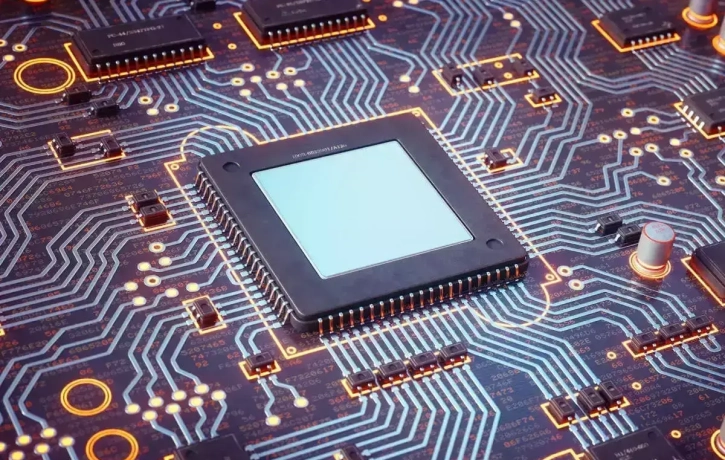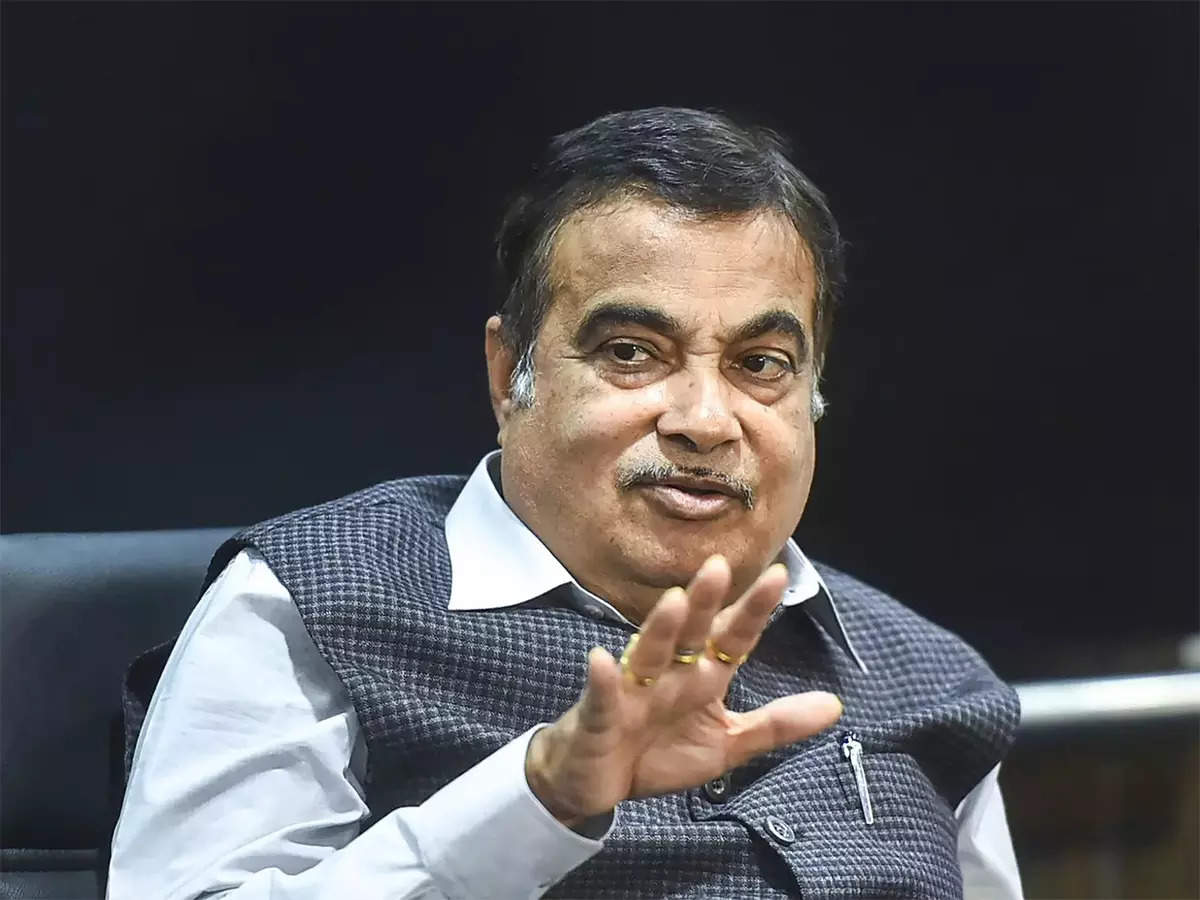India is making a bold move towards becoming a self-sufficient electronics powerhouse, greenlighting. The construction of three new semiconductor plants worth a staggering $15.2 billion. This ambitious project, announced on February 29th. Signifies a crucial step in the country’s pursuit of rivaling established chipmaking giants like Taiwan.
Addressing Dependency, Seizing Opportunity
With a projected market value of $63 billion by 2026. India currently relies heavily on imported chips to fuel its booming electronics industry. Seeking to address this dependency and capitalize on the global chip shortage, Prime Minister Narendra Modi has championed domestic chip production. His government, despite facing setbacks in its initial $10 billion incentive package, remains committed to fostering a robust domestic chipmaking ecosystem.
Strategic Partnerships pave the Way
The newly approved projects showcase India’s strategic partnerships with international players. Tata Group, a leading Indian conglomerate, will collaborate with Taiwan’s Powerchip to establish the country’s first-ever chip fabrication plant in Gujarat. This historic facility, valued at $10.9 billion, holds immense potential to transform India’s chipmaking landscape. Additionally, CG Power, an Indian company, joins forces with Japan’s Renesas Electronics and Thailand’s Stars Microelectronics to construct a $916 million chip packaging plant, also situated in Gujarat. Finally, Tata Semiconductor Assembly and Test Pvt Ltd, a subsidiary of Tata Group, will build a separate chip packaging plant worth $3.25 billion in the eastern state of Assam.
Beyond Domestic Needs: A Global Ambition?
This significant development marks a turning point for India’s chipmaking aspirations. These new facilities aim to not only fulfill domestic demand in critical sectors like defense, automobiles, telecommunication. But also pave the way for India’s potential emergence as a chip exporter in the future. While updates on other major applications, including proposals from Vedanta, Foxconn, and Tower Semiconductor, are still awaited. The approval of these initial projects signifies India’s unwavering commitment to becoming a globally recognized chipmaking force.
The Road Ahead
This ambitious undertaking faces its own set of challenges. Including attracting skilled talent, navigating complex technological advancements, and ensuring a robust supply chain. However, India’s commitment and strategic partnerships offer a promising outlook for its long-term success in the global chipmaking arena. The coming years will be crucial in determining whether this $15.2 billion investment paves the way for India to become a major player in the global semiconductor market.






